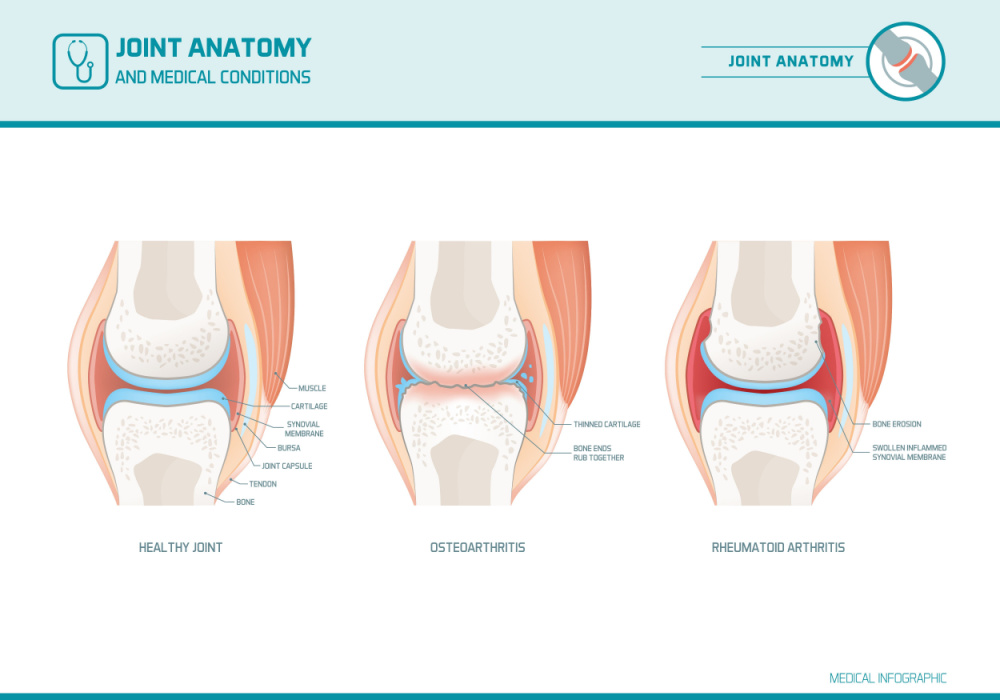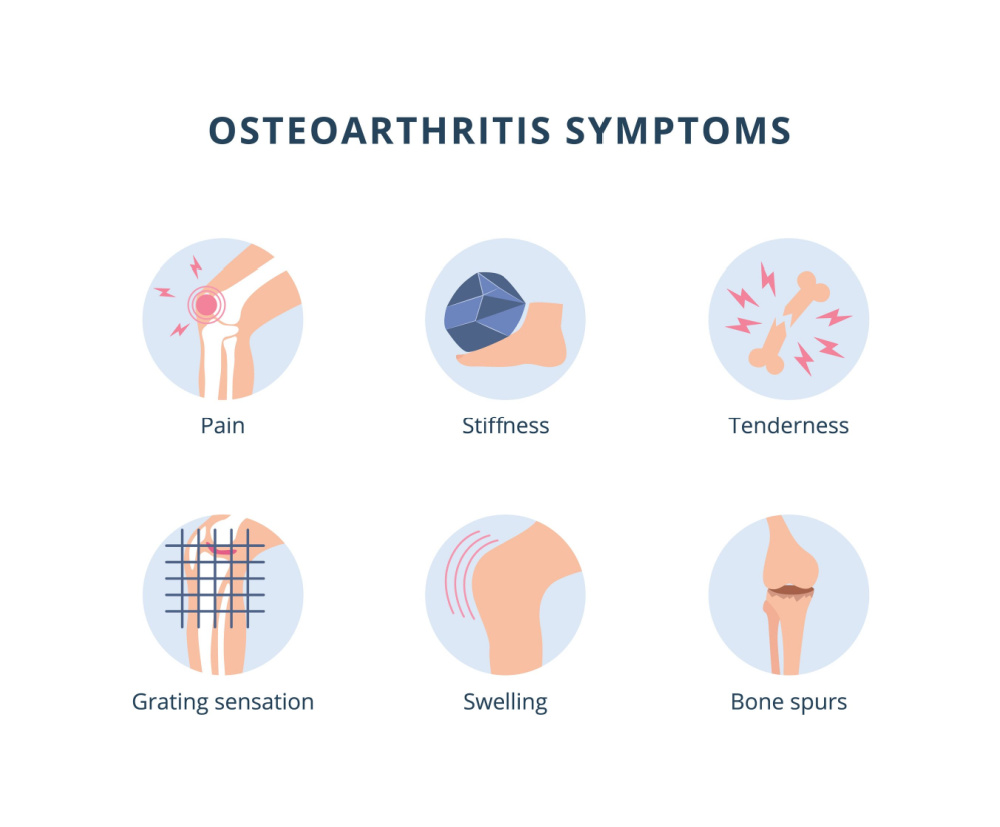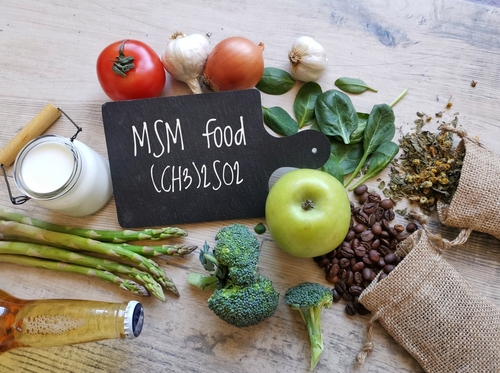What's On This Page?
ToggleI just turned 59 and am feeling more creaky and requiring more time (and probably more collagen peptides!) to loosen up before my dance class. It’s not pain, it’s just like there is less squish and more crepitus!
Crepitus in the joints can be likened to the creaking of an old wooden floorboard. Just as the wooden floorboard creaks and groans underfoot, signaling its age or the need for repair, crepitus in the joints indicates wear, tear, or changes within the joint’s structure.
Both phenomena are natural outcomes of time and use: the wooden floor wears down and becomes noisy with repeated footsteps, just as the joints may develop crepitus as a result of aging, repetitive motion, or underlying health conditions. In each case, the sound serves as a reminder of the complex interplay between structure, function, and the inevitable effects of time.
That’s why I take my own product Joint Script, it works and it’s free of glucosamine. My formula contains kollaGen-IIxs™ collagen peptides and if you want to learn more about those and see why I put this into my own formula, you can CLICK HERE. I rarely mention this, but this formula is also available on AMAZON.
Joint health is a crucial aspect of overall well-being, especially as we age. Among the myriad of supplements promising joint relief, collagen peptides stand out for their effectiveness and versatility. Below is a graphic showing the differences between rheumatoid and osteoarthritis. I think collagen peptides are useful for both conditions in a supportive manner, but will probably have a more noticeable effect on those with osteoarthritis.

Collagen is the single most abundant protein in our body helping us maintain the integrity of our cartilage, which is the rubber-like tissue that protects our joints. As we age, the amount of collagen our bodies produce decreases, leading to reduced joint flexibility and the onset of degenerative joint issues. The rate of decline varies from person to person and can be hastened by other factors.
In our analogy of floorboards, collagen could best be described as the “glue” of the human body’s tissues. Collagen is a protein that provides structure, strength, and elasticity to our tissues, including skin, bones, tendons, ligaments, and cartilage. It helps to bind cells and tissues together, similar to how glue would bind and hold different components of a structure in place. Unlike nails, which are more rigid and provide a different type of mechanical support, collagen’s role emphasizes cohesion and flexibility, essential for the dynamic and versatile nature of living tissues.
A clinical study published in the International Journal of Medical Sciences found that collagen peptides can significantly improve joint pain in athletes who are prone to joint deterioration due to excessive strain. It doesn’t take a few weeks, but rather months. Sometimes you get lucky and it’s a noticeable improvement after just 3 months, but usually, collagen supplementation takes longer to provide optimal results.
That’s understandable because the reality is that your collagen has been on the decline for years, right, so 6 months isn’t very long to supplement with to restore it. The researchers in the STUDY concluded, “These findings suggest 10 to 20 g/d of collagen peptide supplementation over 6 to 9 months may improve ADLs [activities of daily living], pain, MCS, and PCS in middle-aged active adults.”

The brand kollaGen -IIxs™ is collagen type II peptides, with their high bioavailability, are particularly effective in providing collagen peptides. This aids the body’s own collagen synthesis, thereby improving joint flexibility and health.
This particular brand of collagen peptides (meaning kollaGen-IIxs™ is clinically proven. I put this in my formula Joint Script by the way. It’s known to be specific to joint and cartilage health* unlike my beauty collagen peptides in THIS PRODUCT which I source as the brand Verisol® because they are specifically for skin/beauty/wrinkles.*
This is a good time to offer you a free ebook on joint health, and what foods are best if you have arthritis. If you’d like that and the topic interests you, CLICK HERE to learn more.
Let’s go over the four main ingredients to look for in a great joint supplement:
1. MSM.
 While collagen peptides are powerful, their effects can be enhanced when combined with other ingredients. MSM (Methylsulfonylmethane) is known for its anti-inflammatory properties, making it a valuable addition to joint health supplements.
While collagen peptides are powerful, their effects can be enhanced when combined with other ingredients. MSM (Methylsulfonylmethane) is known for its anti-inflammatory properties, making it a valuable addition to joint health supplements.
Some foods are naturally high in MSM (see my image here) however supplementing would be far more potent! I’ve written about this sulfur-based supplement and you can often find it in ‘smelly’ hot springs! Here’s an ARTICLE.
MSM is a necessary component, not to be mistaken for “sulfa” a drug that many folks are allergic to.
2. Ginger Works Great with Collagen Peptides!
Ginger provides “gingerols” which are well-studied and revered for their anti-inflammatory and antioxidant properties. You do not have to eat it on your plate of sushi if that’s not your thing (due to the zing!) But the addition of ginger (whether through capsule supplements or an herbal tea, or a shake of the powdered spice) can and does contribute to reducing joint discomfort and stiffness, if only for a temporary timeframe.
3. Boswellia.
Also known as Indian frankincense, this herbal extract comes from the Boswellia serrata tree. It has been used for centuries in traditional medicines to treat various chronic inflammatory conditions. In the context of joint health, it’s particularly valued for its ability to reduce pain and improve mobility in individuals suffering from joint disorders such as osteoarthritis and rheumatoid arthritis.

4. Curcumin.
I like the proprietary brand of C3® curcuminoids because this provides not one, but three different biologically active forms of curcumin (which as you know is derived from the spice turmeric). This just amplifies the benefits of collagen peptides and offers more joint-protecting effects. Curcumin has hundreds of positive studies published online.
Summary
Collagen peptides and their supportive ingredients can be beneficial for a range of joint problems. From osteoarthritis, the most common form of arthritis affecting millions worldwide, to rheumatoid arthritis, an autoimmune disorder, these ingredients provide holistic support. That doesn’t mean that a physician isn’t needed!
Of course, you need a qualified physician to help you. Sometimes you just can’t avoid a knee replacement, you know?! There isn’t enough collagen in the world to fix a traumatic knee injury or shoulder injury or anything. But my point is, for mild issues of discomfort, sometimes promoting collagen synthesis with supplementation can help you maintain flexibility and improve comfort locally in that area.
I’m offering this article as a promising list of natural alternatives for those seeking relief from joint discomfort, not to avoid seeing a doctor. Let’s face it, sometimes you just can’t avoid a knee replacement! My point is, for mild issues of wear-and-tear discomfort or if you’re seeking improved flexibility, promoting your own collagen synthesis and exploring holistic options can only help you in your quest for less creakiness!
Just make sure your collagen is Type II if you’re seeking joint health. That’s the one that works. There are many joint-loving supplements, including one I proudly custom-formulated called JOINT SCRIPT.

Suzy Cohen, has been a licensed pharmacist for over 30 years and believes the best approach to chronic illness is a combination of natural medicine and conventional. She founded her own dietary supplement company specializing in custom-formulas, some of which have patents. With a special focus on functional medicine, thyroid health and drug nutrient depletion, Suzy is the author of several related books including Thyroid Healthy, Drug Muggers, Diabetes Without Drugs, and a nationally syndicated column.


